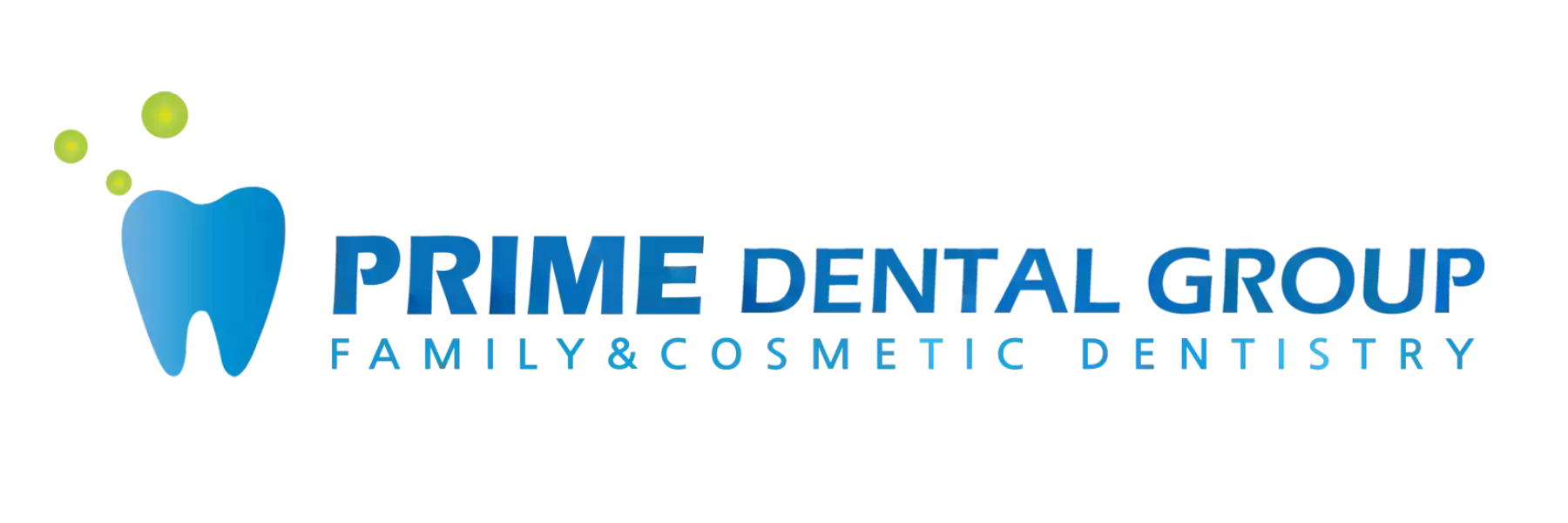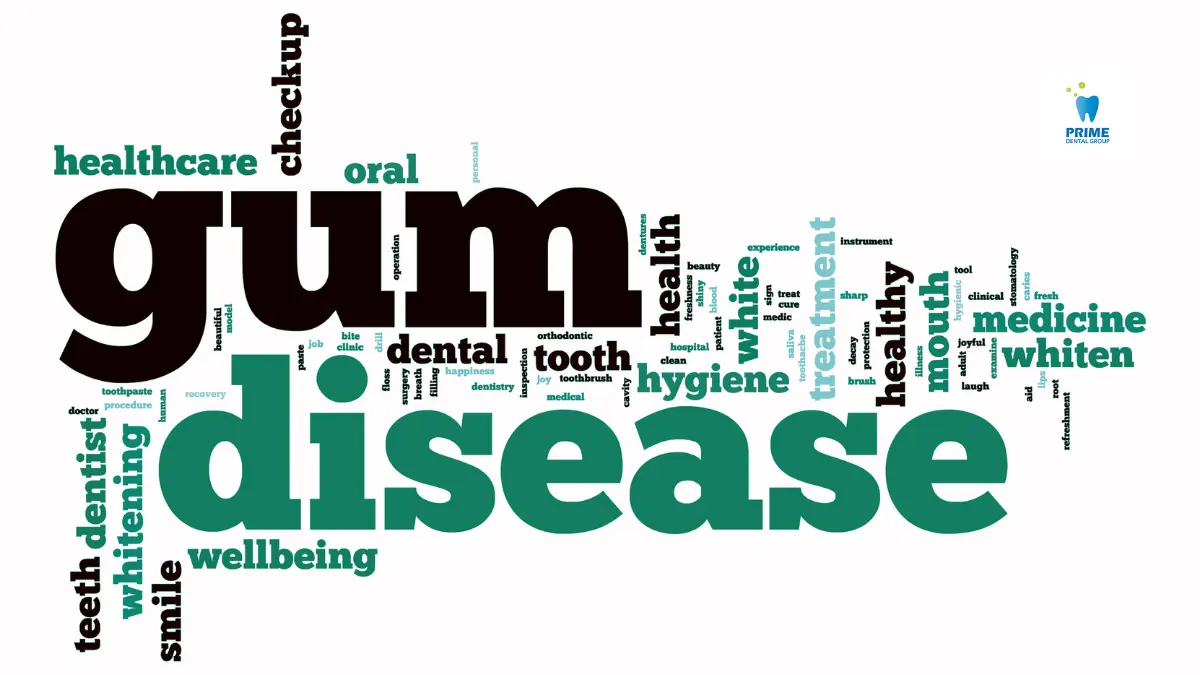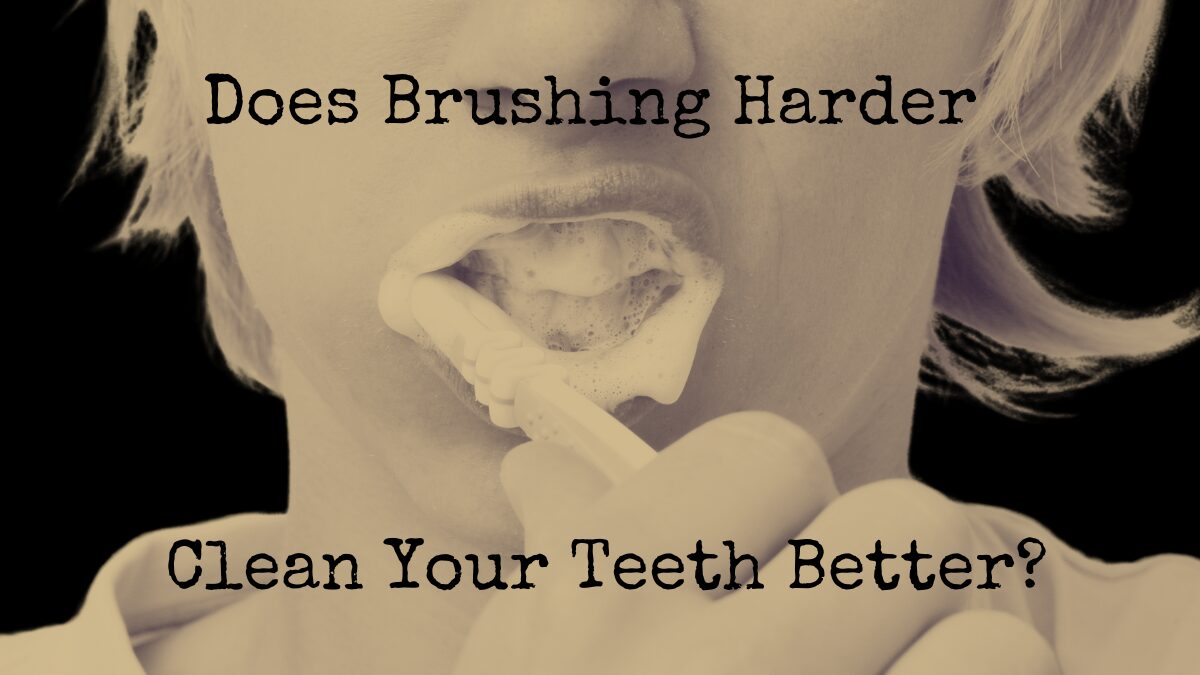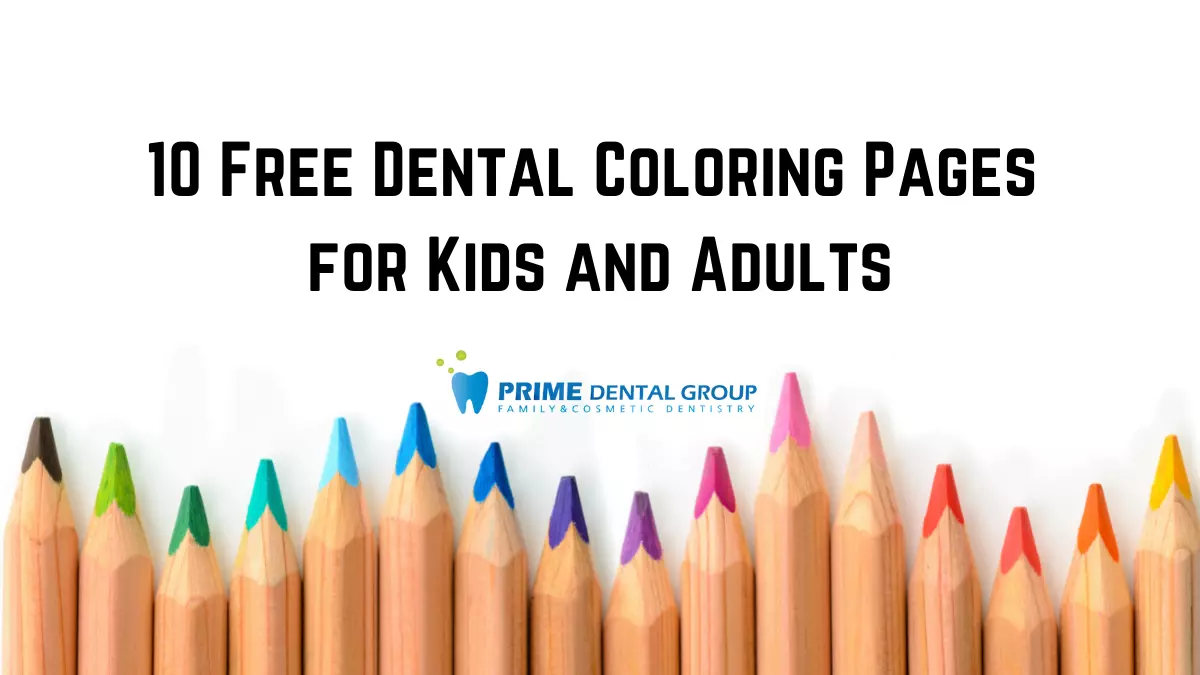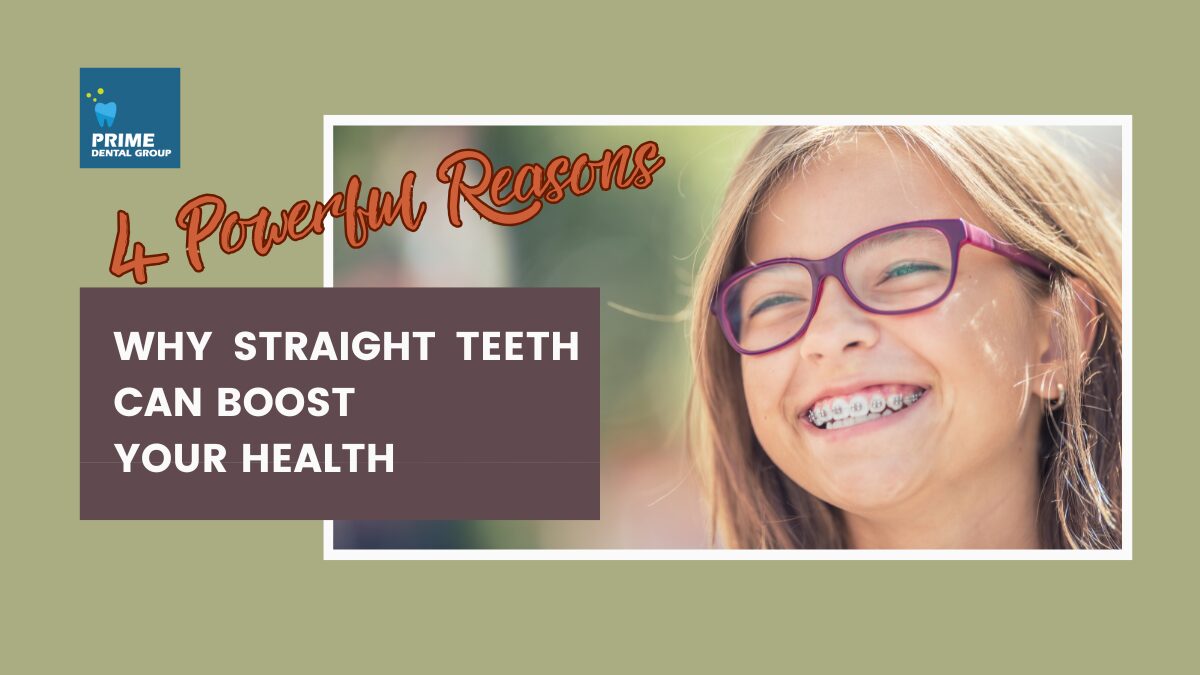The Importance of Good Oral Hygiene for Pregnant Women: Essential Guide to Dental Care During Pregnancy
As an expectant mother, you might ask: how does pregnancy affect my teeth? And how can I keep my teeth healthy during pregnancy? Good oral health is key during pregnancy. It’s not just for the mom; it also helps the baby grow strong and healthy.
Keeping your mouth clean is very important when you’re pregnant. Hormonal changes can make your gums swell, leading to pregnancy gingivitis. This can even affect the baby’s birth weight and how early they come. So, taking care of your teeth is a big deal for a healthy pregnancy.
Key Takeaways
- Proper oral hygiene, including brushing twice a day and flossing daily, is essential for preventing gum disease and cavities during pregnancy.
- Pregnancy gingivitis affects a large proportion of pregnant women due to hormonal changes, making the gums sensitive and more prone to inflammation.
- Regular dental check-ups are necessary to monitor oral health, address concerns, and prevent potential issues from escalating.
- Adequate calcium intake and a diet abundant in fruits and vegetables are essential for oral health during pregnancy.
- Limiting sugary and acidic foods and beverages can help prevent tooth decay and enamel erosion, especially during pregnancy.
- Staying hydrated is important during pregnancy to maintain saliva production, aiding in neutralizing mouth acids and reducing the risk of tooth decay and gum disease.
Understanding the Connection Between Pregnancy and Oral Health
Pregnancy changes a woman’s body in many ways, including her oral health. Keeping up with oral hygiene during pregnancy is key for both mom and baby.
Hormonal Changes and Their Impact on Dental Health
Hormonal shifts during pregnancy can lead to pregnancy gum health problems. High levels of hormones like progesterone make gums more sensitive. This can cause inflammation and bleeding.
Common Oral Health Issues During Pregnancy
Women expecting a baby may face several dental challenges, including:
- Pregnancy gingivitis: Red, swollen, and bleeding gums affecting up to 40% of pregnant women.
- Tooth decay: Increased risk due to frequent snacking and morning sickness.
- Pregnancy tumors: Non-cancerous growths on gums caused by irritation.
Why Pregnancy Makes Your Mouth More Vulnerable
Changes in eating habits and less focus on oral care can lead to dental issues. Bacteria from cavities can also pass to the baby, causing early cavities.
| Oral Health Issue | Description | Impact |
|---|---|---|
| Pregnancy Gingivitis | Red, swollen, and bleeding gums due to hormonal changes. | Can lead to more severe gum disease if untreated. |
| Tooth Decay | Increased risk from frequent snacking and acid erosion from vomiting. | Potential transmission of bacteria to the baby, causing cavities. |
| Pregnancy Tumors | Non-cancerous growths on gums caused by irritation. | Can resolve after delivery but may require dental attention. |
Morning Sickness and Its Effects on Your Teeth
Morning sickness is common for many pregnant women. It affects their health and dental care. Vomiting exposes teeth to acids with a pH of 1.5 to 2.5. This can severely damage tooth enamel.
When the oral pH drops below 5.5, enamel erosion happens. This increases the risk of cavities and tooth sensitivity. To protect your teeth, follow these tips:
- Rinse your mouth with water or a doctor-approved mouthwash immediately after vomiting to neutralize the acid.
- Wait at least 30 minutes before brushing your teeth to avoid further enamel damage.
- Use a toothbrush with a smaller brush head to minimize gag reflex triggers.
- Stay hydrated by drinking plenty of water, which helps saliva naturally protect your teeth.
Eating a balanced diet rich in calcium and regular dental check-ups help your oral health. If morning sickness lasts beyond the second trimester, talk to your healthcare provider. They can suggest ways to protect your smile.
Essential Dental Care Practices During Pregnancy
Keeping your teeth healthy is very important when you’re expecting. Following dental care during pregnancy tips can help avoid problems. It keeps you and your baby healthy.

Daily Brushing and Flossing Techniques
Brush your teeth with fluoride toothpaste twice a day. Floss once a day. Use a soft-bristled toothbrush to clean your teeth without hurting your gums. Brushing and flossing every day is crucial for oral hygiene tips for expectant mothers.
Best Times for Oral Care During Pregnancy
Change your oral care routine to fit morning sickness. Rinse your mouth with water after vomiting to protect your teeth. Finding the right time for best dental practices for pregnant women makes it easier.
Recommended Dental Products for Expectant Mothers
Choose dental products that are safe and work well during pregnancy. Look for fluoride toothpastes, alcohol-free mouthwashes, and soft dental floss. These items are good for dental care during pregnancy. They are also safe for you and your baby.
Managing Pregnancy Gingivitis and Gum Health
Pregnancy gingivitis affects up to 75% of expectant mothers. It’s caused by hormonal changes. So, maintaining oral health while pregnant is very important.

To prevent pregnancy gingivitis, follow a good oral hygiene routine. Here are some key steps:
- Brush teeth twice daily with fluoride toothpaste.
- Floss once a day to remove plaque between teeth.
- Use antimicrobial mouthwash to reduce bacteria.
- Attend regular dental check-ups to monitor gum health.
Eating a balanced diet with calcium and vitamin D also helps your teeth. Stay away from sugary foods and drinks to prevent plaque.
Seeing your dentist regularly is key, but only 22-34% of pregnant women in the U.S. do. Ignoring your gums can lead to serious problems. It can increase the risk of periodontal disease, which might harm your pregnancy and your baby’s teeth.
| Statistic | Details |
|---|---|
| Prevalence of Gingivitis | 60-75% of pregnant women |
| Dental Consultations | 22-34% in the U.S. |
| Impact on Children | 3x more likely to develop cavities if mother has untreated dental issues |
| Recommended Oral Care | Brush twice daily, floss daily, use mouthwash |
Safe Dental Treatments and Procedures While Pregnant
Keeping your mouth healthy is key when you’re expecting. Safe dental care keeps you and your baby safe. Regular dental visits can stop gum disease, which might harm your baby’s birth weight.

First Trimester Dental Care Guidelines
Tell your dentist you’re pregnant in the first trimester. It’s okay to get routine dental check-ups. But, skip non-essential treatments unless they’re really needed.
Dentists can do safe treatments with local anesthetics like lidocaine.
Second Trimester Dental Procedures
The second trimester is best for dental work. You can get fillings, cleanings, and root canals safely. Dental visits help catch problems early, keeping your mouth healthy without risking your baby.
Third Trimester Considerations
In the third trimester, keep your mouth clean. Only go to the dentist if you really need to. Try rinsing with baking soda and water to fight acid from morning sickness.
Nutrition and Diet for Optimal Oral Health During Pregnancy
Keeping a balanced diet is key for pregnancy dental care. It helps both mom and baby stay healthy. This ensures strong teeth and gums.

Foods That Promote Dental Health
- Dairy Products: Milk, cheese, and yogurt are full of calcium and vitamin D. They are great for teeth and bones.
- Leafy Greens: Spinach and kale have calcium and folic acid. They help gums and teeth stay healthy.
- Crunchy Fruits and Vegetables: Apples, carrots, and celery clean teeth and make gums strong.
- Omega-3 Rich Foods: Salmon, walnuts, and flaxseeds fight inflammation. They keep gums healthy.
What to Avoid for Better Oral Care
- Excessive Sugary Snacks: Too much sugar can cause cavities and tooth decay.
- Frequent Snacking: Eating too often can damage tooth enamel with acid.
- Acidic Beverages: Drinks like sodas and citrus juices can harm enamel and gums.
- Teeth Whitening Products: These are not safe during pregnancy because of possible risks.
| Nutrient | Sources | Benefits |
|---|---|---|
| Calcium | Dairy products, broccoli, fortified juices | Develops strong teeth and bones |
| Vitamin D | Salmon, tuna, fortified cereals | Essential for bone and tooth development |
| Vitamin C | Strawberries, oranges, kiwi | Strengthens blood vessels and supports collagen production |
| Omega-3 | Nuts, seeds, fish | Regulates inflammation and promotes gum health |
When to Seek Emergency Dental Care While Pregnant
Dealing with dental emergencies during pregnancy can be really stressful. Knowing when to get urgent dental care for pregnant women is key for your health and your baby’s.
Common dental emergencies include:
- Severe toothaches
- Abscesses or infections
- Broken or cracked teeth
- Trauma to the mouth
These issues can increase the risk of complications like premature birth or low birth weight. Getting treatment quickly can help avoid these risks. If you have ongoing pain or swelling, call your dentist right away.
Talking openly with your dentist is very important. Tell them you’re pregnant so they can pick safe treatments. Going to the dentist regularly while pregnant can also help avoid emergencies.
Remember, urgent dental care for pregnant women is both available and safe. Taking care of your teeth helps keep your pregnancy healthy.
Creating a Pregnancy Dental Care Routine
It’s key to have a pregnancy dental care routine to keep your mouth healthy. Sticking to good oral hygiene habits can stop many dental problems that come with pregnancy.
Morning and Evening Care Steps
- Brush your teeth at least twice a day with fluoride toothpaste to fight cavities.
- Floss every day to get rid of plaque and food bits between your teeth.
- Use an antimicrobial mouthwash to kill bacteria and make your breath fresh.
Weekly and Monthly Maintenance Tips
- Clean your tongue with a tongue scraper to get rid of bacteria and improve taste.
- Do gentle gum massages to boost blood flow and lessen swelling.
- Make sure to get regular dental check-ups and cleanings to catch any issues early.
Adding these oral hygiene habits during pregnancy helps keep you and your baby healthy. It’s very important to see your dentist often, especially if you’re at high risk or taking certain medicines.
Conclusion: Maintaining Your Smile Throughout Pregnancy and Beyond
Keeping your teeth clean during pregnancy is key for you and your baby. It helps avoid problems like gingivitis and cavities. These issues can get worse because of hormonal changes and morning sickness.
Regular dental visits and brushing and flossing daily are crucial. They help keep you healthy and set a good example for your child’s dental care in the future.
Good oral health in pregnancy does more than just prevent tooth decay. It also lowers the chance of your child getting cavities or missing school because of tooth pain. Eating a balanced diet full of vitamins and minerals also helps keep your teeth and gums strong.
Choosing safe dental treatments is important for your and your baby’s health. Most dental work is safe during pregnancy, especially in the second trimester. This lets you take care of any dental issues without worry.
By focusing on oral health during pregnancy, you can keep a healthy smile. Learn the right habits to ensure good dental health for you and your child.
FAQ
Why is maintaining good oral hygiene important during pregnancy?
Keeping your mouth clean during pregnancy is key. It helps you stay healthy and supports your baby’s growth. Good dental care can prevent problems like gum disease, keeping you and your baby healthy.
How do hormonal changes during pregnancy affect dental health?
Hormonal shifts can make your gums more prone to issues like gingivitis. This can cause swelling, bleeding, and pain. Knowing this helps you take better care of your teeth.
What oral health issues are common during pregnancy?
Pregnancy can lead to gum disease, tooth decay, and periodontal disease. Morning sickness also erodes tooth enamel, making teeth sensitive and vulnerable to cavities.
How can morning sickness impact my dental health?
Morning sickness exposes teeth to stomach acid, causing enamel erosion. This can lead to sensitivity and decay. Proper rinsing, brushing, staying hydrated, and a balanced diet can help.
What are the best dental care practices for expectant mothers?
Daily brushing, flossing, and using mouthwashes are essential. Regular dental visits are also crucial. Choose safe products and adjust your routine for morning sickness to keep your mouth healthy.
Is it safe to undergo dental treatments during pregnancy?
Many dental treatments are safe during pregnancy. Cleanings and fillings are usually okay. But, some procedures might wait until after the baby is born. Always talk to your dentist and doctor first.
What nutrients are essential for maintaining oral health during pregnancy?
Calcium, vitamin D, and vitamin C are vital. They help keep teeth and gums strong and prevent gum disease. Eating a balanced diet with these nutrients supports both you and your baby.
When should I seek emergency dental care while pregnant?
Seek emergency care for severe toothaches, abscesses, or mouth trauma. Quick treatment is crucial to avoid complications. Always tell your dentist you’re pregnant for safe care.
How can I establish an effective dental care routine during pregnancy?
Create a routine with morning and evening brushing and flossing. Add tongue cleaning and regular dental visits. Use safe products and adapt to morning sickness to keep your mouth clean.
Can poor oral health during pregnancy affect my baby’s health?
Yes, your oral health affects your baby’s health. Untreated gum disease can lead to preterm birth and low birth weight. Good dental care ensures a healthy pregnancy and supports your baby’s development.
Source Links
- Maintaining Oral Health When Pregnant | Glacier Creek Dental – https://www.glaciercreekdental.com/maintaining-oral-health-when-pregnant/
- The Importance of Dental Care for Pregnant Women – The White Tusk – https://www.thewhitetusk.com/blog/the-importance-of-dental-care-for-pregnant-women/
- Why Is Oral Health Important During Pregnancy? – https://www.matthewsfamilydentistry.com/blog/why-is-oral-health-important-during-pregnancy/
- Connection Between Oral Health and Pregnancy – https://coloradogumcare.com/connection-between-oral-health-and-pregnancy/
- How Does Pregnancy Affect Dental Care? | Preventive Dentistry – https://www.sarahpalmerdds.com/how-does-pregnancy-affect-dental-care.php
- Comprehensive Guide: Navigating the Interconnection of Pregnancy and Dental Health – https://maygrant.com/blog/pregnancy-and-dental-health/
- Morning Sickness and Your Oral Health – https://www.ajdentalct.com/blog/978065-morning-sickness-and-your-oral-health
- Brushing for Two: How Your Oral Health Affects Baby – https://www.healthychildren.org/English/ages-stages/prenatal/Pages/Brushing-for-Two-How-Your-Oral-Health-Effects-Baby.aspx
- 7 things to know about dental care during your pregnancy – https://www.michiganmedicine.org/health-lab/7-things-know-about-dental-care-during-your-pregnancy
- Dental health during pregnancy – https://www.marchofdimes.org/find-support/topics/pregnancy/dental-health-during-pregnancy
- Oral care in pregnancy – PMC – https://pmc.ncbi.nlm.nih.gov/articles/PMC6883753/
- How Pregnancy Affects Your Teeth, Gums, and Overall Oral Health | LISTERINE® – https://www.listerine.com/cavities-strong-teeth/pregnancy-oral-health
- Bleeding gums in pregnancy – https://www.nhs.uk/pregnancy/related-conditions/common-symptoms/bleeding-gums/
- Dental Health and Pregnancy | Cigna Healthcare – https://www.cigna.com/knowledge-center/dental-work-while-pregnant
- Pregnancy – https://www.ada.org/resources/ada-library/oral-health-topics/pregnancy
- Oral Health and Pregnancy | HRSA – https://www.hrsa.gov/oral-health/pregnancy
- Nutrition – Pregnancy – https://www.mouthhealthy.org/life-stages/pregnancy/nutrition-pregnancy
- How to Care For Your Teeth During Pregnancy – Dentistry For You | Sand Springs Dentist | Sand Springs, OK – https://dentistryforyousandsprings.com/how-to-care-for-your-teeth-during-pregnancy/
- Dental Care Before, During, and After Pregnancy – https://www.webmd.com/oral-health/dental-care-pregnancy
- Dental Care and Pregnancy – Atlanta – https://www.atlantadentistmidtown.com/dental-care-during-pregnancy/
- Mama Must-Know: Dental Care During Pregnancy – https://www.monarchdentalkc.com/mama-must-know-dental-care-during-pregnancy/
- Oral Hygiene and Dental Care During Pregnancy – https://consultqd.clevelandclinic.org/oral-hygiene-and-dental-care-during-pregnancy
- Looking after your teeth during pregnancy – https://www.pregnancybirthbaby.org.au/looking-after-your-teeth-during-pregnancy
- Pregnancy and Dental Care: Keeping Your Smile Healthy for You and Your Baby | Smile Design Dentistry – https://www.smiledesigndentistry.com/pregnancy-and-dental-care-keeping-your-smile-healthy-for-you-and-your-baby/
- Dental Care During Pregnancy: What to Expect – https://www.dentistcoronado.com/general/dental-care-during-pregnancy-what-to-expect/
